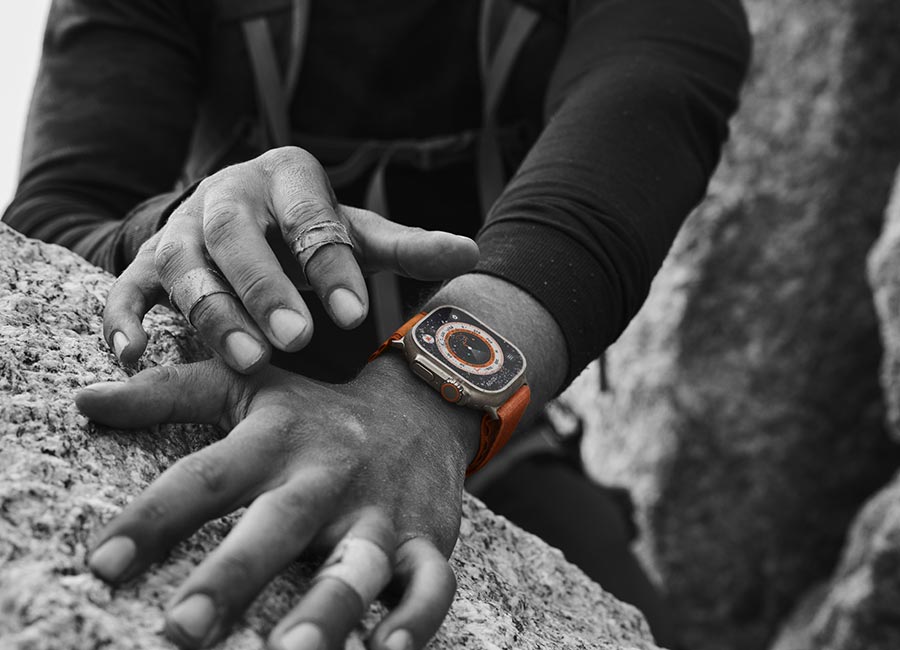The number of people who that have experienced phishing has significantly increased since 2019, with nearly three in five people (57%) now claiming to have received scam emails sent by fraudsters trying to steal their personal details or install malware on their device.
WIN International's annual WIN World Survey shows that the proportion of people claiming to have experienced phishing in Ireland has risen 14% since prior to the pandemic, making Ireland one of the most targeted populations.
Phishing in Ireland outstrips the global average by 14%, and levels of spamming in Ireland (46%) are some 5% higher than the worldwide average, with some 33,236 individuals from 39 countries having been questioned for the study between October and December last yar.
The survey also recorded increases in serious misuse of personal data versus 2019, including bank accounts/credit cards being used fraudulently (+3%), email accounts being hacked (+1%), and personal information leaks (+9%).
More than half of respondents in Ireland (54%) are concerned about sharing personal information digitally, up eight percentage points against 2019, with worry growing quickest among those aged 55+ and those in Munster.
Just a quarter of people claim to be aware of what happens with the personal information they share with a data collector such as online retailers and social media sites, suggesting a need for greater transparency.
The level of understanding is seven points lower than the global average, and Ireland (70%) also lags the global average (76%) in terms of the proportion of people who say technology is an important part of their life, with numbers rising among younger adults and people in the ABC1 bracket.
"There must be a significant concern about the rising threat of phishing and data fraud in Ireland, as claimed experience of both rise strongly and are well above the global average," said Richard Colwell, CEO of RED C Research and vice-president of the WIN International Association.
"Despite this many are unsure of how data they give is handled, and though many are concerned is it important that Irish consumers better understand the risks.”

Internationally, almost half the population (48%) is concerned about sharing personal information, an increase of three points from last year, with Brazil (72%), China (71%) and Turkey (61%) being the countries that are most concerned about sharing their information digitally.
A third of the global population (33%) said they know what happens with their data, up six points from 2020, but there is still a significant majority that ignores the future usage of their personal data.
China (71%), India (51%) and Brazil (49%) have the highest percentages of awareness of the usage of shared personal data, while Japan (16%), Finland and South Korea (each with 9%) show the lowest results.
Some 90% of respondents in Africa said technology is extremely or very important to their lives, with similarly high levels recorded in Indonesia (98%), Serbia (95%) and India (94%), while people in Ecuador (61%), Poland (60%) and France (50%) tend not to consider it vital.
However, seven in 10 respondents are victims of data misuses via spamming or phishing, and 34% of people have experienced a personal data leak, or email or financial hack, up from 29% in 2019, with people in the US (71%), Hong Kong (64%) and Mexico (63%) more likely to experience privacy issues.
"The impact of the technology in our life has been growing since many years now, but it’s also changing our habits and our perception of the consequences of its misuse," commented Vilma Scarpino, president of WIN International Association.
"Despite more people being aware of the destination of the personal information they share online, the level of concern does not decrease accordingly: knowing what happens with our data, doesn’t mean we’re not sceptical or worried about it.
"On top of that, there are still many people ignoring the consequences of online behaviour: knowledge still needs to increase in order to have fully aware customers and consumers, and it really needs to increase, considering more than three out of four people consider technology an important part of their life “
(Pic: Getty Images)











